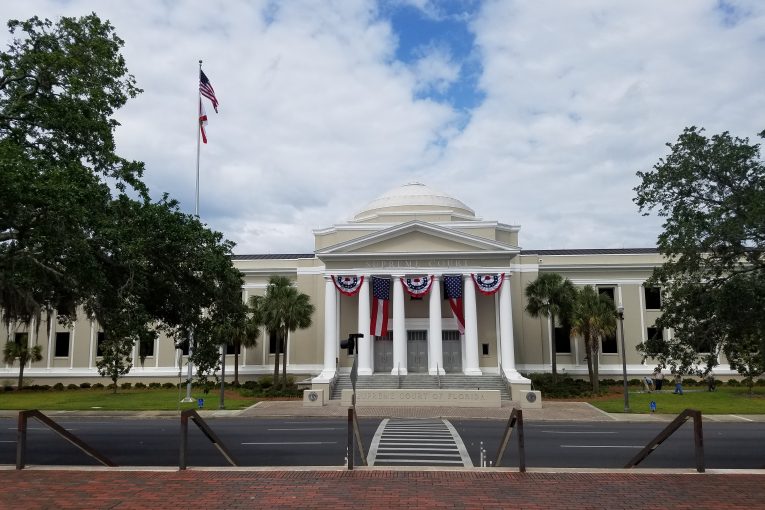

Via Wikimedia Commons
Public Domain
By The Vanguard Staff
WASHINTON, DC – The U.S. Supreme Court’s 6-3 ruling this week to reject what the ACLU calls a “misbegotten…radical theory is totally contrary to the bedrock principle of checks and balances” is a victory not just in North Carolina but the rest of the states.
SCOTUS ruled the U.S. Constitution’s Elections Clause “does not allow state legislatures to ignore their own state constitutions when making rules for federal elections, resolving the controversial North Carolina voting case, Moore v. Harper,” explained the ACLU.
The case, added the ACLU, was a “test of a controversial theory known as the ‘independent state legislature theory,’ which asserts that only the state legislature itself has the power to set the rules for federal elections, without interference from state courts or other co-equal branches of government and their constituents or delegates.”
The court “forcefully rejected that argument, affirming that state legislatures are bound by their own state constitutions and subject to judicial review before their own state courts,” the ACLU said.
“This radical theory is totally contrary to the bedrock principle of checks and balances, and the court has correctly relegated it to the dustbin of history. The court’s decision confirms the important role of state courts and state constitutions in ensuring fair elections and protecting the right to vote for all,” said Ari Savitzky, senior staff attorney with the ACLU’s Voting Rights Project.
The American Civil Liberties Union, ACLU of North Carolina, Rutherford Institute, and Niskanen Center filed an amicus brief in Moore arguing that the petitioners’ radical theory flunked all of the traditional modes of constitutional analysis.
“The Supreme Court was right to reject the misbegotten independent state legislature theory. In our system, there is no room for a rogue legislature that can violate its own founding charter without any checks from other branches of government,” added Savitzky.
I am really glad that SCOTUS put the kibosh to this conservative democracy-busting fringe idea. For once the Chief Justice put his foot down. The usual suspects dissented. I have been following this case closely and was deeply concerned about the outcome. In my opinion, this was unquestionably the single most important case this term. If this decision had gone the other way, Republicans would have easily been able to overturn the will of the people in Presidential elections.